What is pickling salt and how is it different from any other kind of salt?
That is what we are here to answer because preserving and fermenting vegetables or curing is reliant on salt. Making sure we have the right salt is important.
Table of Contents
The Short Answer

So Many Types Of Salt
With salt being such a crucial ingredient to so many types if preserving, whether it is fermentation, pickling, curing or just boosting flavour, in general, it is good to know what types of salt there are and how they differ.
Pickling Salt Is Not Curing Salt
Before we begin it is good to note this down.
Curing salt or Prague Powder (sodium nitrate/nitrite) which is used to cure meat is not the same as pickling salt.They cannot be used interchangeably and curing salt is always dyed pink so as to not be confused with other salts.
To learn more about curing salts take a look at this information.
What Pickling Salt Actually Is
The defining attributes of picking salt are:
- The size of the grains
- The omission of any anti-caking agents or additives.
The grain size of salt is important for whatever you are trying to achieve.
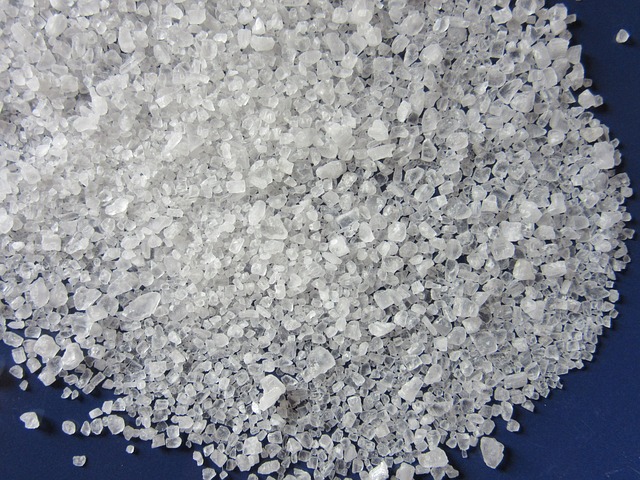
Salt comes in various sizes from large flakes that are great for sprinkling on fries or chips to fine particles that is good for seasoning and dissolve easily.
Pickling salt has very fine granules that are very easily dissolved. This is great for things like fermenting vegetables where you may just be sprinkling salt onto cabbage to make sauerkraut.
As the pickling salt is so fine it will quickly dissolve into the small amount of water drawn from the vegetable, creating a brine very easily.
No additives in pickling salt mean that it is just pure salt. Most table salt used for seasoning has anti-caking agents to prevent clumps from forming due to moisture or humidity. They aren’t great for pickling or fermentation however so they are not added to pickling salt.
Iodine is also added to different types of salt and if you are fermenting vegetables, for example, iodine can interfere with the bacteria needed to start fermentation.
It is also said it can also discolour the vegetables and make them dull and grey so you are always going to want to avoid salt with additives.
Do You Need To Use Pickling Salt?
Whilst pickling salt is the ideal for processes such as fermentation it is not imperative you use it. Other salts are just as effective but you want to make sure they don’t have additives.
- Sea Salt
- Kosher Salt
Are a couple of examples of salts that contain no iodine or anti-caking agents so these are good alternatives. Even some table salts have no additives so just check the label as these would be fine to use as well.
Of course, preserves like quick pickles or chutneys don’t rely on fermentation so you don’t really need to worry about the type of salt used for these as the vinegar in these is what primarily preserves them.
Always Weigh Salt
As there are so many different types of salt, some being large flakes others being extra-fine granules it is important to make sure you are using the correct amount.
Weighing with a set of micro scales is the only accurate way to measure salt.

Using accurate measurements is important when preserving and can be the difference between a good or bad result for fermentation and curing.
If you don’t have a set a small scale is a great investment as volumes will always be inaccurate when measuring small amounts of salt.
Pickling Salt Is Just Salt!
In the end pickling salt is just salt.
Unlike some other salt varieties on the market, there are no additives in it but that is really it.
- If you cannot find pickling salt then there is not really any problem using other types, such as kosher or sea salt which also have no additives.
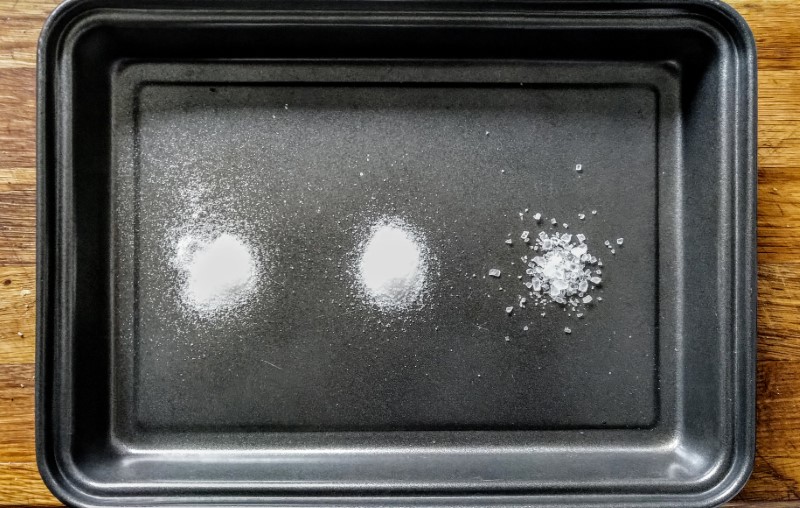
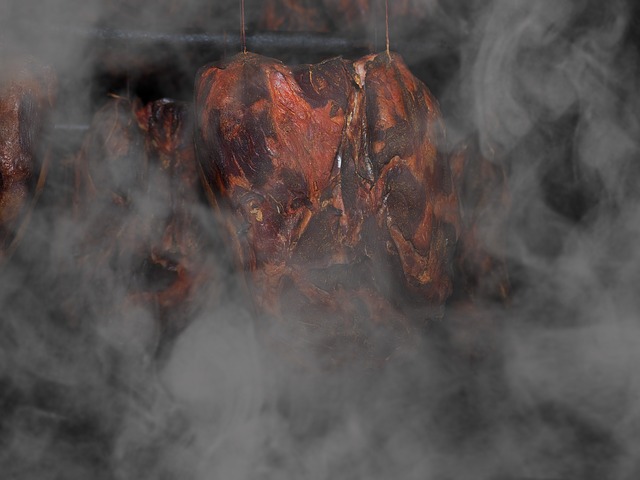
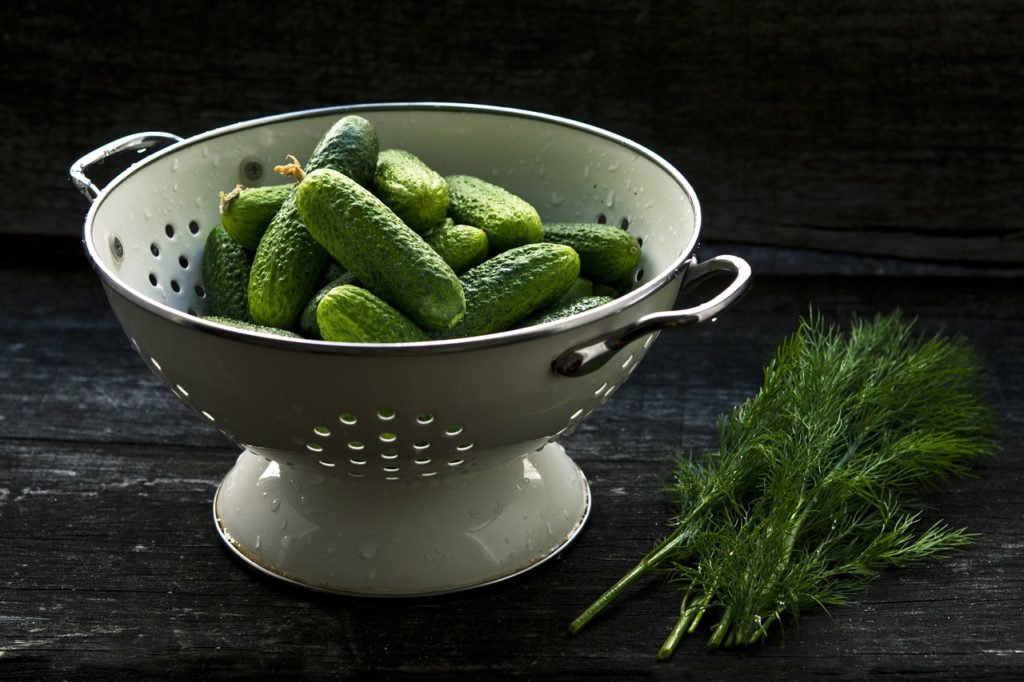
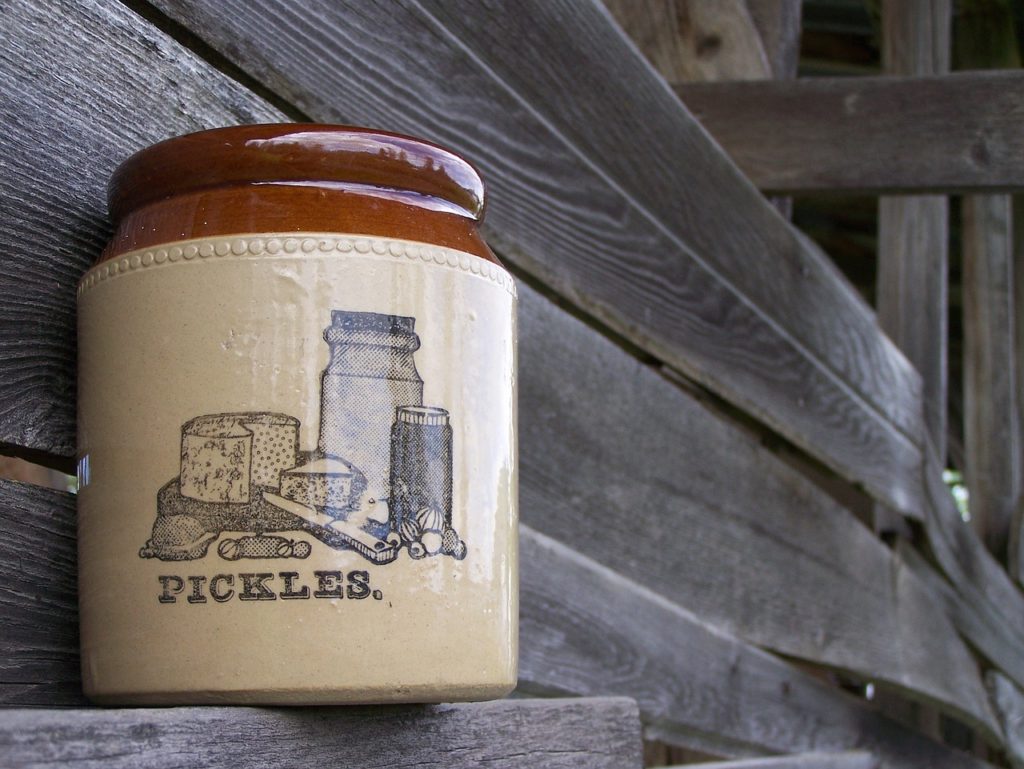
Nonsense, pickling salt comes with sodium nitride and is NOT INTERCHANGEABLE!
You are mistaking pickling salt with curing salt.
Pickling salt is pure sodium chloride and you will be able to verify this by looking at the ingredients listed on the pickling salt package.